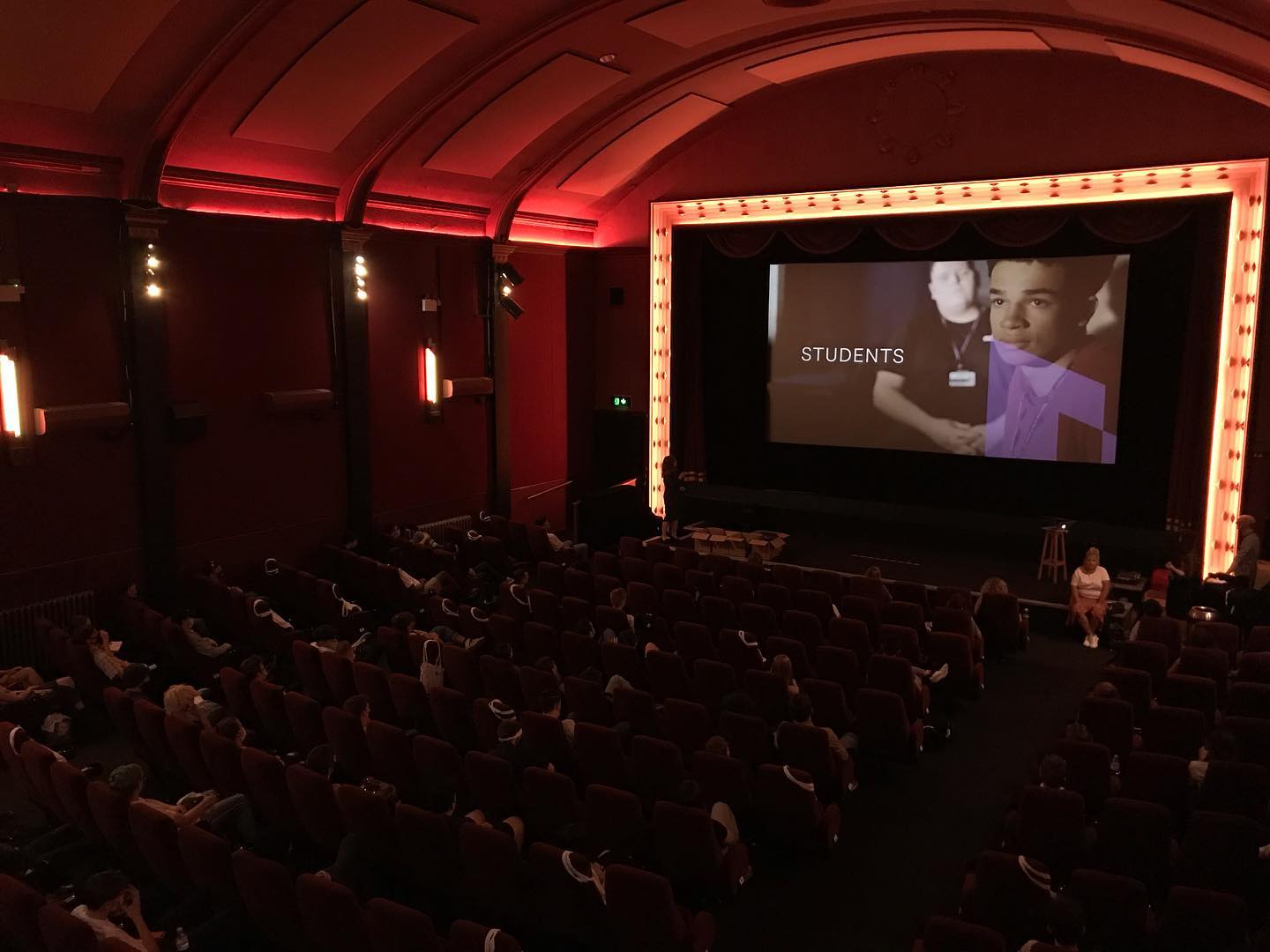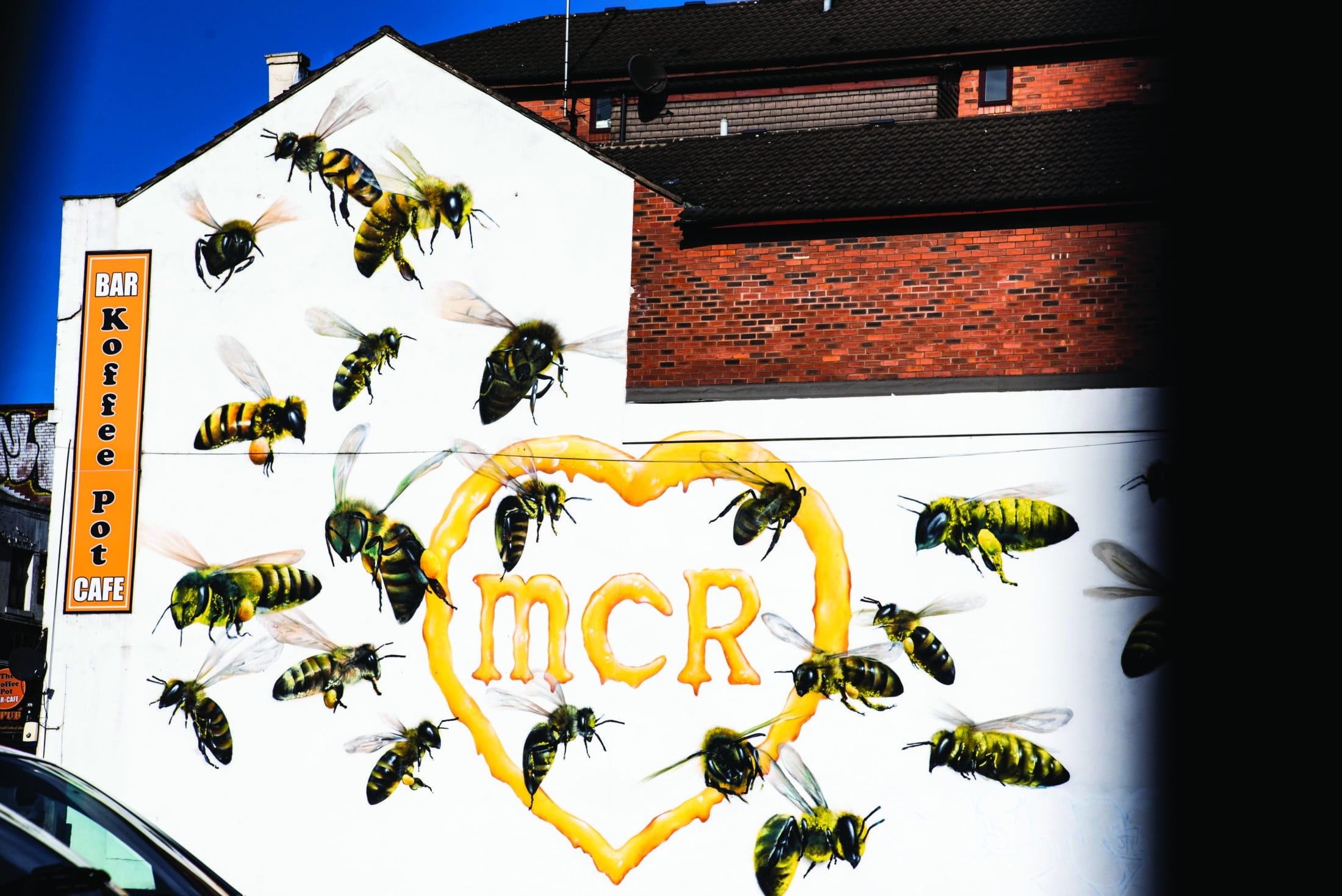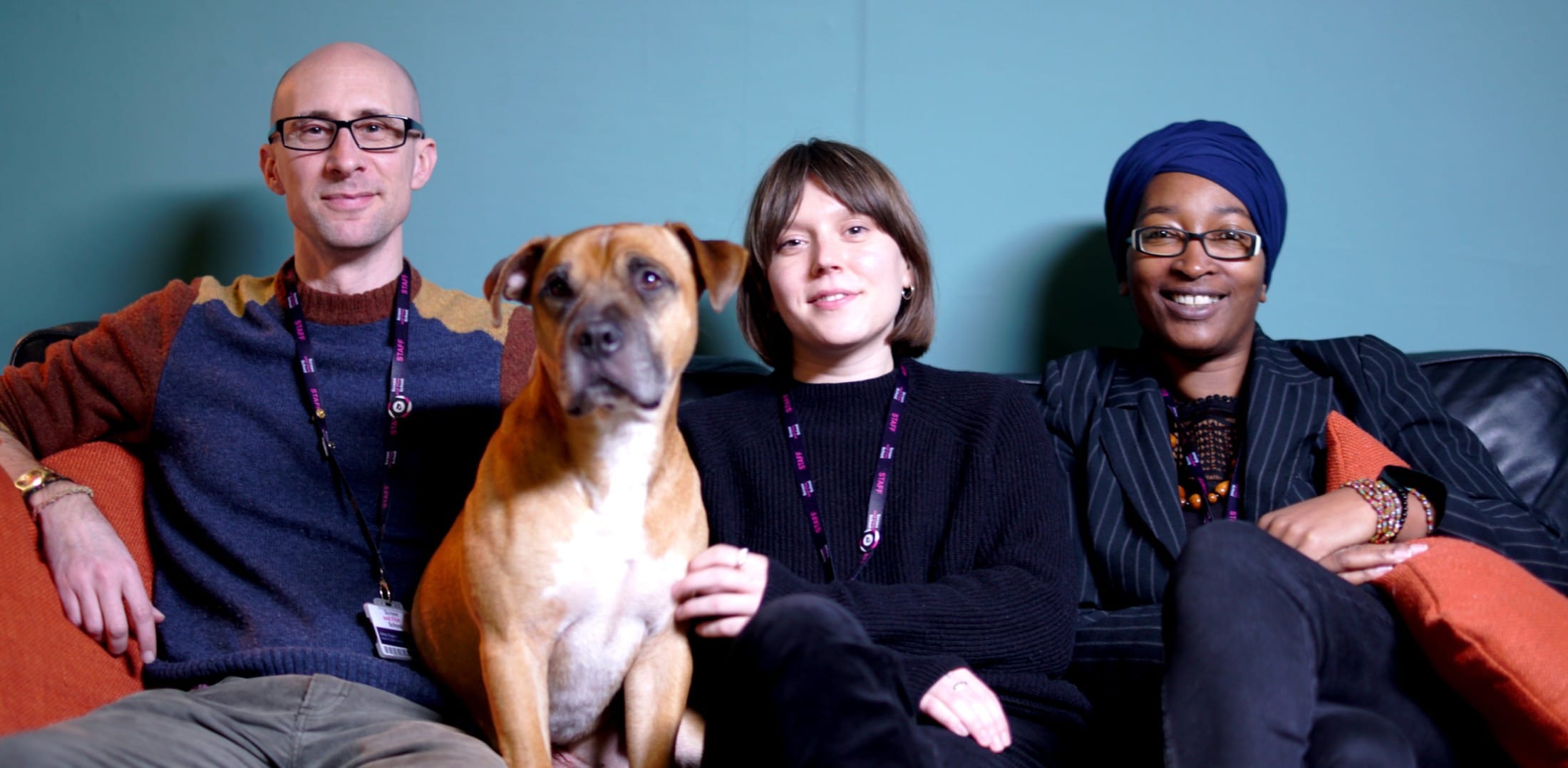Screen and Film School Brighton were thrilled to launch Shoot for the Stars this year- an exclusive opportunity for graduates to talk directly to the Stars of Tomorrow and make connections for the future.
Screen International’s Stars of Tomorrow is an annual showcase of the most prominent new writers, directors, producers and heads of department emerging across the UK and Ireland. Screen and Film School Brighton graduates were given the opportunity to spend 30-minutes chatting with their chosen star, including Ruben Woodin Dechamps, Ella Glendining, Colum Eastwood, Akinola Davies Jr, Adam Patterson and Declan Lawn, and gain valuable insight into their careers and journeys through film.
Each week we’ll be sharing some of the highlights from the sessions, starting with screenwriter Ella Glending who was interviewed by our Brighton graduate, Johanna Worcester-Barrett.
Top tips from Screenwriter Ella Glendining – interviewed by Johanna Worcester-Barrett
Starting out as a Runner isn’t for everyone and isn’t necessarily the only way.
One of the things that is said a lot when we begin to kickstart our career is that working on sets and productions as a runner and working your way up to your desired role is the best way of getting into the industry. This route shouldn’t be ruled out as it is a great way to get your foot in the door and will work well for a lot of people. However, the role of a runner is not the most accessible one, particularly for people with disabilities and chronic health conditions, due to the nature of the job, what it entails, and some of the attitudes towards these conditions that can still be found in the industry. This is what Ella said she found herself when taking part in placements on other productions.
While accessibility in the industry is an issue, and is an issue that needs to be addressed by the industry itself to make these routes and roles more accessible to everyone, being a runner and working your way up isn’t necessarily the only route to getting into your desired role. In Ella’s case, she decided it was better for her to become a director was to start directing from the start with her own projects; Starting with shorts which has now lead to features. It’s an alternative route that also works really well, and is something to explore if you think being a runner isn’t something that would work for you.
Research and apply for funding
A slight follow on from the previous point; If you’ve chosen to take the route of making your own films, or even if you just have an idea for a film that you really want to make, then Ella suggests that you should definitely put it out there and apply for funding. There’s all sorts of organisations out there that supply funding for short films and features; For ‘Is Anybody Out There’ Ella herself got funding for development and then some more additional funding from BFI Doc Society, but has also applied to other places too.
If you want to make a film, take some time to research different funding avenues and organisations, and send out strong applications to the ones you think are the best fit.

Screen and Film School Brighton graduate, Johanna Worcester-Barrett
Stay true to yourself
If you have a film idea that you’re setting out to get made, whether that’s a narrative or a documentary, a short or a feature, it’s important to stay true to yourself throughout the process. Something you experience even on a student film is things start evolving and changing the moment that idea is put into production and other crew start coming onto the scene. Change is just the nature of film, and more often than not, it is for better rather than worse.
However, while change can be good, Ella recommends in staying true to yourself and making sure these changes are not making you compromise on your ideas.
Tell stories from the heart and allow people to tell their own stories
Sometimes the best inspiration for a film can come from your own lived experiences. Both me and Ella agree there is an element of authenticity when creating a story that comes from your own lived experience versus one that relies purely on research. While you don’t necessarily have to put yourself physically in the film like Ella has chosen to do, Ella finds that personal stories are the most enjoyable ones, whether that’s fiction or factual.
Both Ella and myself also believe that minority groups, whether that’s people who are disabled, people of colour, people in the LGBTQ+ community, should be given the room to tell their own stories. This argument has become more prevalent as of late with the controversy around Sia’s latest film, and also Russell T Davis saying in an interview for It’s A Sin that only gay actors should play gay characters.
This may seem counterproductive to some, as in fiction in particular you’re telling a story so what does the real world matter? But as stated before there is an authenticity that can’t be matched then the people telling that story, both cast and crew, have that lived experience of what they are telling. Ella herself has found that films about people with disabilities told by able-bodied cast and crew tend to be missing something in them, and even if they’re trying not to be offensive, can easily fall into a stereotyping the people they are trying to represent, and this can apply to all minority groups. Not only that but allowing minority groups to tell their own stories opens up more opportunities for them in the industry where they are currently severely underrepresented.
Nurture relationships with people you meet in the industry
A cliché saying that is a cliché for a reason is “it’s not about what you know, it’s about who you know” and is something that is so important to this industry. Making connections with people in the industry and then developing that relationship with them is incredibly important and will be one the biggest helps when developing your career, no matter what route you take. By doing this, Ella has some big industry contacts that she can now send ideas too. Start making these connections now; through internships, mixing events (online at the moment), or even just by popping them a polite email or LinkedIn message if its someone you really admire! But most importantly keep in contact with them to develop that relationship.
Also don’t be afraid to ask them for help. As well as sending ideas to her industry contacts, Ella is also able to go to her connections for advice, and gets some helpful and honest feedback. If you think you could benefit from some advice or some mentoring on an idea, a project, or just your career in general and you have some contacts you think could help then send them a message. One of the best things I’ve found about the industry as a graduate is that a lot of professionals are really keen to help develop new talent and move them forward, so you could be surprised at how willing they are to help.
It was lovely to chat to you all and I’d love to keep in touch. Johanna feel free to email me any time! – Ella Glendining
A huge thank you to Ella and Johanna for this brilliant session and valuable insights. Don’t forget to check back next week for more highlights from Shoot For The Stars!



